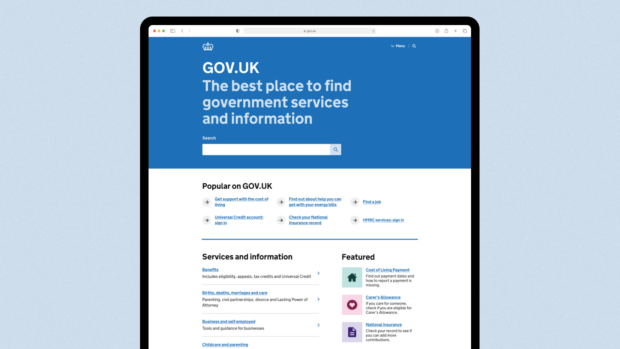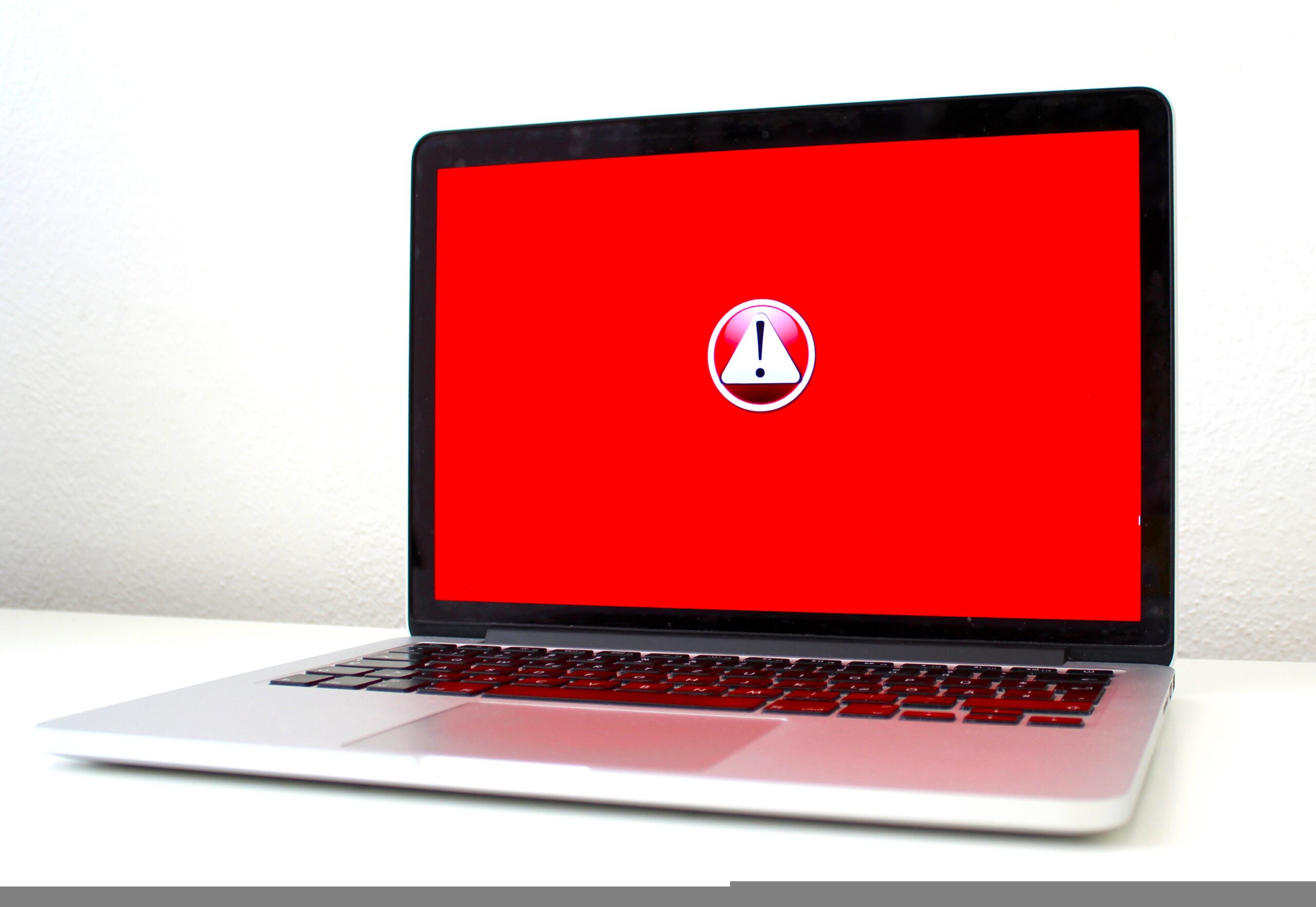Crossbench peer Lord Anderson argues that the upper chamber should experiment further with virtual proceedings
Credit: PA
The House of Lords should experiment further with virtual and hybrid models of parliament, a crossbench peer has claimed.
Lord David Anderson, a life peer and a member of the EU Security and Justice Sub-Committee, believes that, to truly understand the efficacy of remote and technology-enabled models of parliament and the role they could play in the future, these need to be tested in “normal conditions”.
In the last year, parliamentary business – particularly the operations of select committees – has come to make extensive use of videoconferencing and other remote-access technologies.
Writing exclusively for PublicTechnology sister publication The House, Anderson said that his experience in recent months of both committee investigations and debates in the chamber had shown the power of technology.
Related content
- More than 70 MPs protest plan to end virtual parliament
- Government evaluating ‘every technological solution’ for virtual parliament
- MPs and ministers take part in first virtual Commons session
“Moving from a traditional select committee to one created only in April 2020 certainly opened my eyes,” he said. “Ministers were quizzed by Zoom, their reactions just as visible as they would have been from the other end of a horseshoe table. Simultaneous Teams chats allowed supplementary questions to be proposed, refined and allocated as evidence was given. By the autumn, peers who had never physically met had developed an unexpected esprit de corps. It was no surprise when the Lords Constitution Committee recommended that the virtual functioning of committees should be allowed to continue.”
Anderson added: “In the chamber, speakers appearing remotely are clearly seen and heard: as a bonus, one is never reduced to looking at the backs of their heads. The upper house may not be renowned for spontaneity, but virtual speakers respond just as well as physical ones to what they have heard in debate.”
The House of Commons has made similar use of tech during the past year – and has not ruled out more longer-lasting changes to its operations – but is set to return to its pre-pandemic ways in the meantime.
This being the case, Anderson said that the Lords should continue using the technological methods it has relied on throughout the coronavirus crisis, to better understand what role they can play in the future.
“We need experience of hybrid proceedings in normal conditions before deciding how to proceed in the long term,” he said. “Useful technical refinements may yet emerge – for example… to facilitate interventions on speakers in debate. We should adopt them if so. In other respects, let us continue as we are until we have the evidence to decide – on the excellent voting app PeerHub – the optimum procedure for our revising chamber in a non-pandemic world.”
Click here to read Lord Anderson’s full piece for The House.



